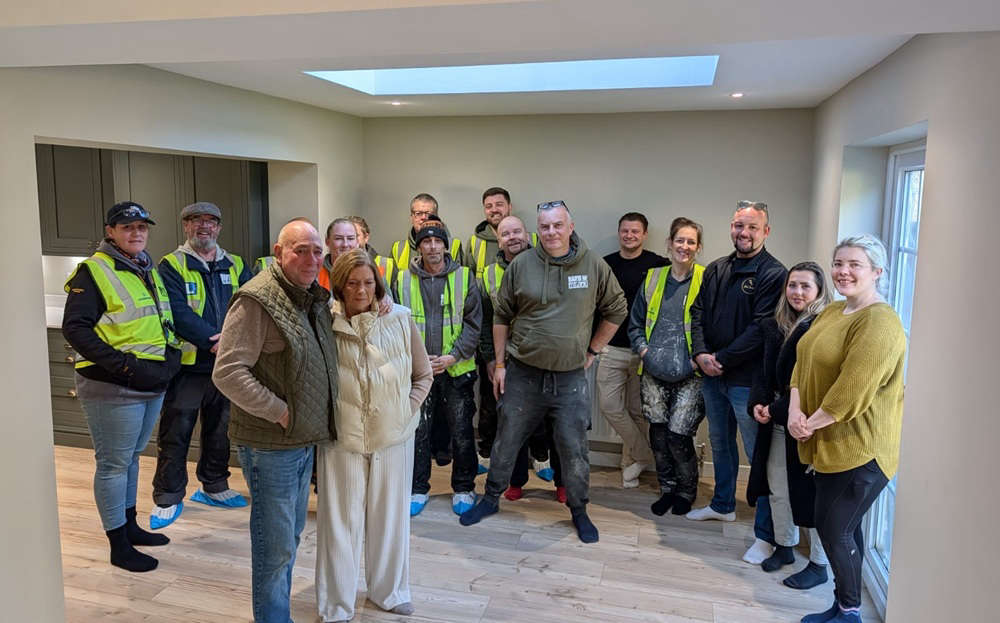
A survey by Baxi has found that a lack of consumer demand remains the number one barrier to heat pump uptake
According to heating and hot water solutions provider Baxi's fourth annual Installer Skills Survey, more than half (59%) of UK heating engineers are either already working with other companies to develop heat pump competencies or are likely to do so in the future.
Despite this interest in being prepared, a lack of consumer demand remains the number one barrier to heat pump uptake—60% of installers cite this as the main barrier, highlighting the challenge of converting installer interest into real-world installations.
The 2025 Survey showed that attitudes of some segments of the heating engineer population are becoming more sceptical of heat pumps and towards net zero more broadly, reflecting the increasingly divisive narratives on the topic from across the political spectrum.
The survey with green supply chain consultancy Talan (formerly Gemserv) gathered responses from almost 400 installers.
The study found that 59% of installers are either already developing the skills to fit heat pumps or intend to do so within the next few years.
Since most installer operators are either sole traders or very small businesses with just two or three employees, the trend is to collaborate with other companies that can offer complementary services, such as system design, installation support, or financing.
The number of installers citing a lack of training as a barrier has fallen by 18 percentage points compared with 2024, suggesting that industry investment in training is beginning to pay off.
Baxi has seen over 1,000 installers attend its own heat pump training courses over the last 12 months.
When asked what drives them in their work, heating engineers most frequently cited providing a good service to customers (85%), solving technical problems (62%), and getting things right from a technical perspective (50%).
According to Baxi, this sense of professionalism partly explains why some installers hesitate to recommend new technologies until they feel fully competent.




 LCB roofing apprentices scoop gold and silver at SkillBuild 2025 National Final
LCB roofing apprentices scoop gold and silver at SkillBuild 2025 National Final
 BoB volunteers complete retired builder’s home
BoB volunteers complete retired builder’s home
 Over a quarter of tradespeople are unable to work due to workplace injuries
Over a quarter of tradespeople are unable to work due to workplace injuries
 Vauxhall launches tea-maker van for tradespeople
Vauxhall launches tea-maker van for tradespeople
 AUDIO NEWS: Coventry tool thieves both get over four years and electrician trains dog to fetch his tools!
AUDIO NEWS: Coventry tool thieves both get over four years and electrician trains dog to fetch his tools!





